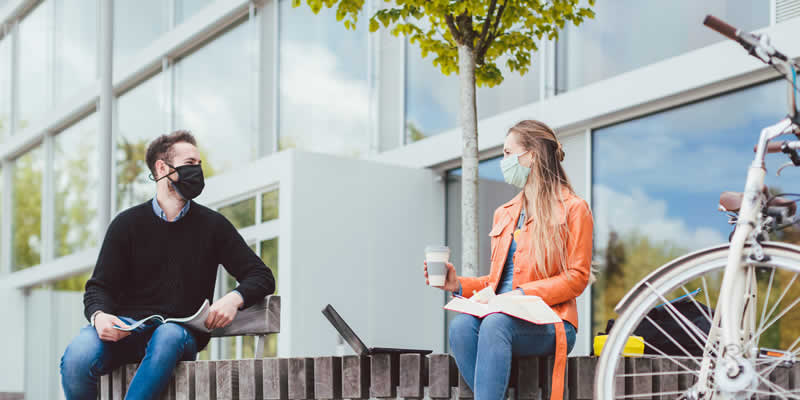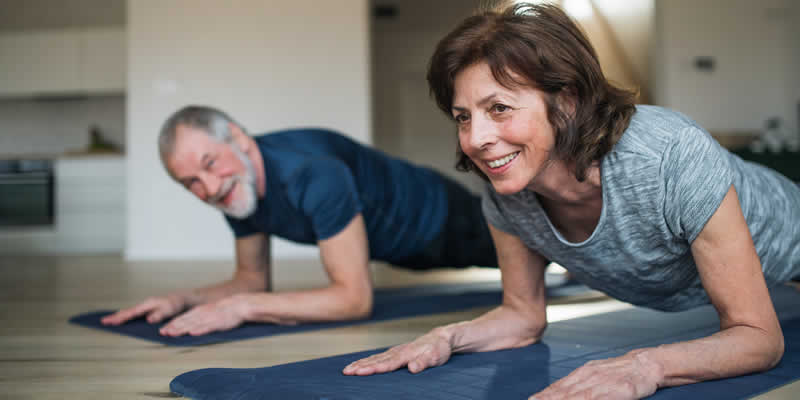People who wear two face masks are getting nearly double the amount of prevention from COVID-19, researchers have said.
A team from the University of North Carolina (UNC) School of Medicine has said doubling up eliminates any gaps that wearing one poor-fitted mask might provide.
- Study shows masks and ventilation work better than social distancing
- Face mask material can significantly impact particle spread
Lead author of the study Dr Emily Sickbert-Bennett, associate professor of infectious diseases at the UNC School of Medicine, said: “The medical procedure masks are designed to have very good filtration potential based on their material, but the way they fit our faces isn’t perfect.”
To test the best approach to avoid infection, the trial involved using a 10-foot by 10-foot stainless-steel exposure chamber fitted with small salt particle aerosols.
The research team used a variation of mask combinations to test how effective they were at keeping particles out of their breathing space.
A metal sample port was fitted to each mask to capture the particles so they could measure each amount caught.
Fellow researcher Dr Phillip Clapp, an inhalation toxicologist in the UNC School of Medicine, said: “We also had the researchers in the chamber undergo a series of range-of-motion activities to simulate the typical motions a person may do throughout their day, bending at the waist, talking, and looking left, right, up and down.”
The findings found that the fit of a mask is important and that it varies from person to person because everyone’s face shape is different. With this in mind, wearing two is preferable.
- Researchers prove masks are safe to wear during exercise
- Experts consider looking at double masking in England
A procedure mask provides between 40 and 60 per cent coverage and a cloth mask is 40 per cent effective. But, placing a cloth mask over a surgical mask increases the overall fit by 20 per cent.
Dr Sickbert-Bennet added: “We’ve found that wearing two loosely fitted masks will not give you the filtration benefit that one, snug-fitting procedure mask will. And with the current data supporting how effective mask-wearing is at preventing the spread of COVID-19, the best kind of double-masking is when you and the person you are interacting with are each correctly wearing a very snug-fitting mask.”
In England the current rules stipulate face coverings must be worn in most indoor settings, such as supermarkets, public transport and shopping centres. The findings have been published in the JAMA Internal Medicine.









